Singapore’s former Prime Minister's wife, He Jing, recently shared a controversial article on Facebook once again. (Screenshot from the internet)
[People News] Amid persistent rumours that Chinese Communist Party (CCP) leader Xi Jinping is losing power, on June 16, Xi travelled to Kazakhstan to attend the second China–Central Asia Summit. This marks Xi’s sixth visit to Kazakhstan. Although the Kazakh government provided a high-level reception, there were several differences compared to previous visits, and these subtle changes are worth noting.
At noon that day, Kazakh President Kassym-Jomart Tokayev personally greeted Xi at the airport. In the afternoon, the two held talks at the Kazakh presidential palace. Xi had also visited Kazakhstan on July 2, 2024, for the 24th meeting of the Council of Heads of State of the Shanghai Cooperation Organisation (SCO). Comparing these two visits, a few abnormalities stand out.
First, during this year’s visit, Xi did not deliver a written speech at the airport, nor did he publish a signed article in Kazakh media ahead of the trip. Given Xi’s usual flamboyant style—especially for a summit he personally champions—such low-key behaviour is highly unusual.
Second, the list of officials greeting Xi lacked First Deputy Prime Minister Roman Sklyar, a key political figure in Kazakhstan. Instead, the Presidential Chief of Staff, Gizat Dazhebay, was present. Other attendees, such as the Deputy Prime Minister and Foreign Minister, and the President’s foreign affairs advisor, remained the same.
Sklyar is a powerful figure who was nominated acting Prime Minister in February 2024. He visited Beijing in March and met with top CCP official Ding Xuexiang and attended the Boao Forum for Asia’s 2025 annual meeting. His absence from the reception lineup may reflect the perception that Xi has lost power.
Third, in July 2023, after Xi’s arrival, Tokayev hosted a grand welcoming ceremony at the airport, followed by a private dinner that evening and an official welcome at the presidential palace the next day. This year, apart from the airport reception, there was no private dinner or ceremonial welcome at the palace. What does this change suggest?
According to Kazakhstan’s international news agency, during their meeting, Tokayev said, “President Xi Jinping is a highly respected guest whenever he visits Kazakhstan. This visit reflects the sincere and steadfast friendship between the two countries.” The wording “whenever he visits” is striking—does it imply that even if Xi’s position changes, Kazakhstan would still treat him with courtesy?
Tokayev also called the current state of bilateral relations a new “golden age,” expressing repeated gratitude toward Xi. He used phrases such as “distinguished statesman,” “highly esteemed and visionary leader,” and “strategically farsighted.” However, these praises were omitted from Chinese state media reports, which instead emphasised mutual cooperation and retained only the phrase “under the wise leadership of President Xi.” This editing underscores Xi’s declining political status.
What stood out the most was Tokayev’s mention that Xi’s visit coincided with his birthday, adding: “I wish him good health, family happiness, and further success in state governance.” Such personal well-wishes are unusual.
Unsurprisingly, Chinese state media censored Tokayev’s “wishing him good health” remark. But this wish reveals two secrets: 1. Xi is indeed experiencing health issues and is no longer in good condition. 2. Kazakhstan is aware of Xi’s health problems and possibly his declining grip on power—secrets the CCP has tried hard to conceal.
Tokayev’s words struck a nerve. Meanwhile, Russian President Vladimir Putin, who had often publicly wished Xi happy birthday in the past, forgot to do so this year on June 15. Instead, on June 14, Putin sent birthday greetings to former U.S. President Donald Trump. Such a shift from a supposed “old friend” might remind Xi that once power is gone, so is the reverence.
Ever since reports emerged during the CCP’s July 2023 Third Plenary Session that Xi had suffered a stroke, his health has become a closely guarded secret. But no secret stays buried forever. Xi’s rare public appearances, his abnormal physical demeanour, the delays in releasing official photos and videos, and other anomalies in state media coverage all suggest his condition has significantly deteriorated.
These rumours are not baseless. Countries like Vietnam, the U.S., and Russia likely know the truth. Given the close ties between Russia and the Central Asian nations, it is unlikely Kazakhstan is in the dark.
From Tokayev’s carefully chosen words and blessings, to the conspicuous absence of Kazakhstan’s first deputy prime minister, to the toned-down coverage by Chinese media, Xi’s visit to Astana appears more like a stage-managed performance. Kazakhstan’s willingness to play along is likely tied to the CCP’s financial generosity. During the trip, 24 cooperation agreements were signed between the two sides, covering energy, aerospace, digitalisation, customs regulation, agriculture, e-commerce, tourism, intellectual property, healthcare, media cooperation, and scientific research. Still, such staged performances cannot go on forever. The signs are becoming too obvious to hide, and the longer Beijing tries to keep up appearances, the more detrimental it will be for them. △
(First published by People' News)

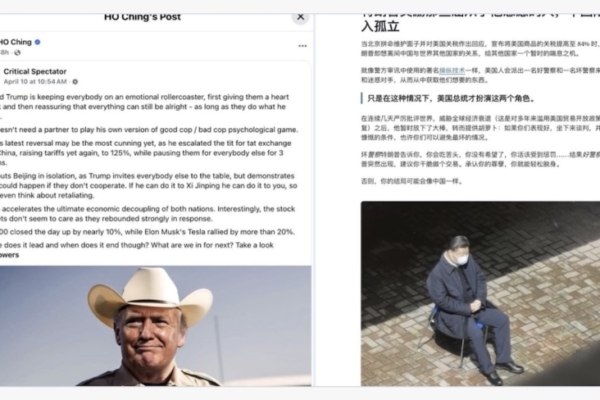

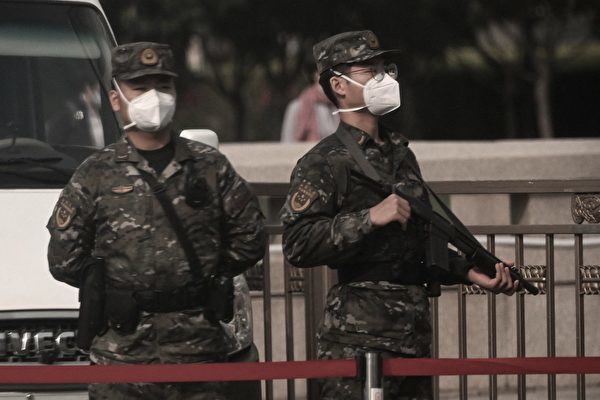
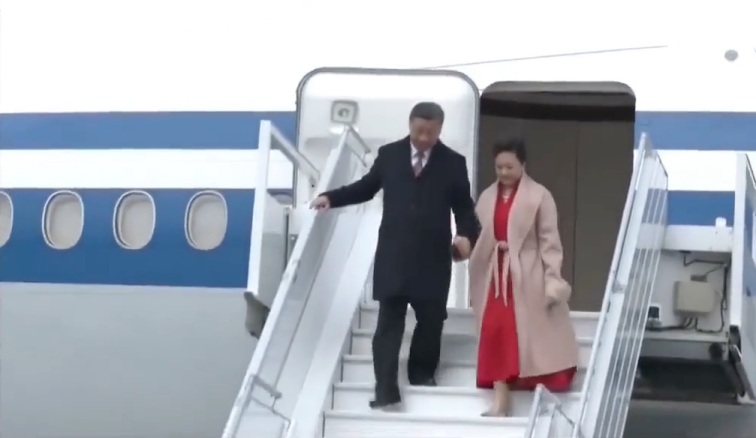

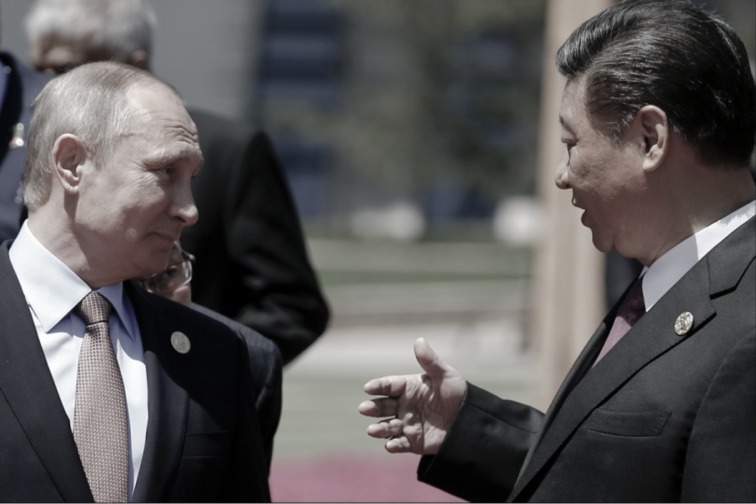


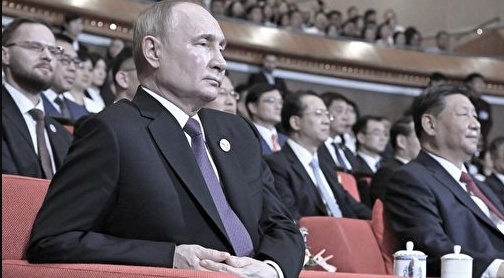

News magazine bootstrap themes!
I like this themes, fast loading and look profesional
Thank you Carlos!
You're welcome!
Please support me with give positive rating!
Yes Sure!